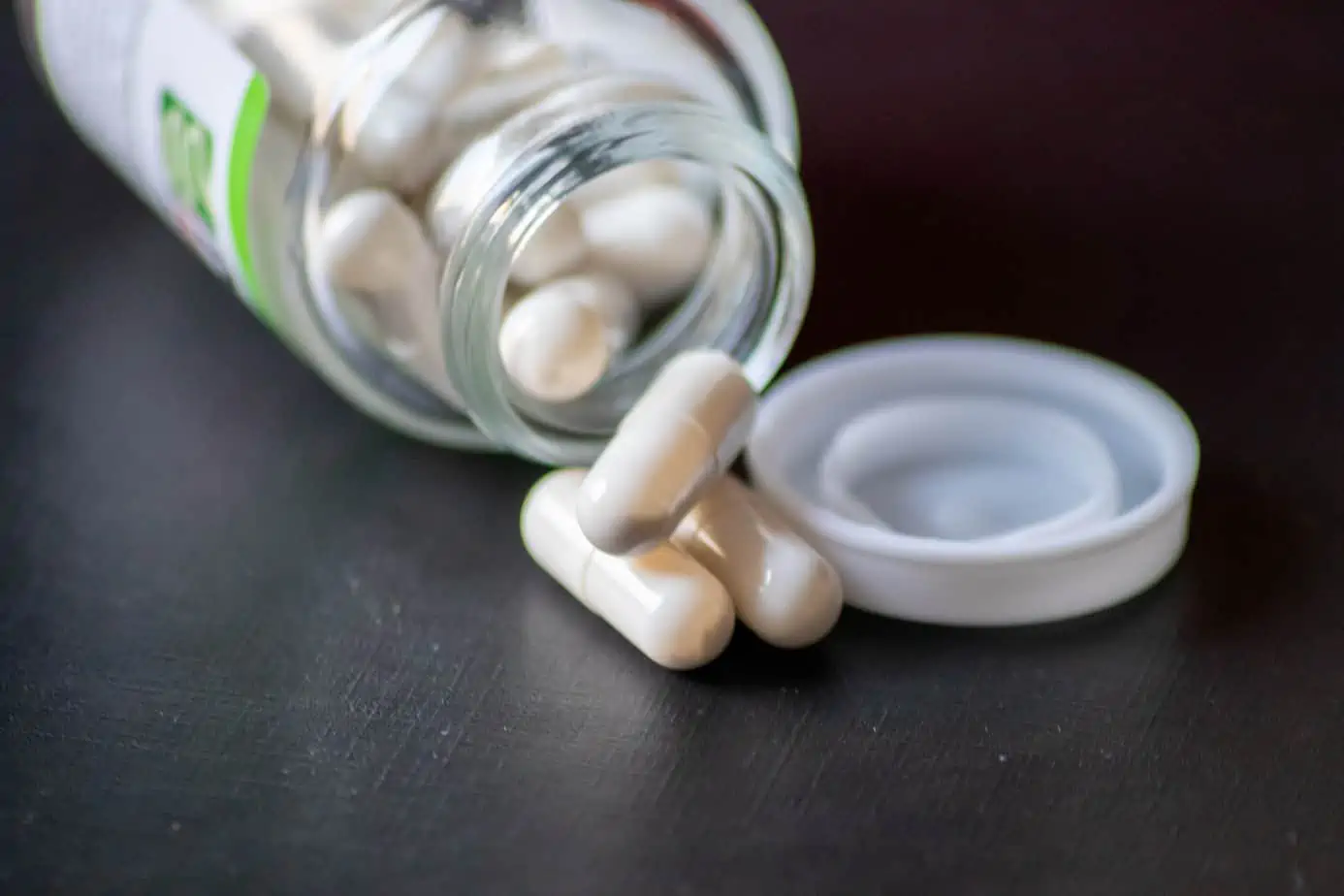This guide provides nine actionable tips for reducing alcohol consumption, emphasizing that it’s about reclaiming control and fostering a healthier lifestyle rather than deprivation. Key strategies include setting clear goals, tracking consumption, identifying triggers, exploring alcohol-free alternatives, practicing mindful drinking, building a support network, managing cravings with nutrition, taking breaks to reset tolerance, and leveraging technology and professional tools. The article encourages a journey of self-discovery, celebrating progress, and prioritizing overall wellbeing.
Do you find yourself reaching for a drink more often than you’d like? Maybe you’re sober curious and wondering what life would be like with less alcohol. Or perhaps you’re simply looking to adopt healthy drinking habits. Whatever your reason, deciding to cut back on alcohol is a courageous step towards a brighter, healthier future.
This isn’t about deprivation; it’s about reclaiming control and creating space for the things that truly nourish your mind, body, and spirit. Read on to learn relevant tips to help you drink less and embark on a journey of self-discovery and wellbeing.
1. Set Clear and Realistic Goals
The first step in any journey is knowing where you’re going. What does “drink less” actually mean to you? Vague intentions are easily abandoned, so get specific. Do you want to limit yourself to one drink at social gatherings? Are you aiming for alcohol-free days during the week? Is your plan abstinence?
Write down your goals. Make them visible – stick them on your fridge, set reminders on your phone, or share them with a friend. This act of commitment transforms a wish into a plan.
Don’t be afraid to start small. If the thought of drastically reducing your intake feels overwhelming, begin with a manageable, gradual reduction of alcohol. Reduce your consumption by a small percentage each week until you reach your desired level. Remember, progress, not perfection, is the key.
2. Track Your Consumption Honestly
Knowledge is power. To effectively cut back on drinking, you need to understand your current habits. Keep a record of every drink you consume. Note the type of drink, the amount, the time, the location, and, most importantly, how you were feeling before, during, and after.
This isn’t about self-judgment; it’s about identifying patterns. Do you tend to drink more when you’re stressed? Are certain social situations triggers for heavier drinking? Are there specific times of day when cravings are stronger?
You can use a simple notebook or utilize apps designed for this purpose. The goal is to gain awareness of your drinking habits and understand the underlying factors that drive them.
3. Identify and Disarm Triggers
Triggers are the people, places, things, and situations that make you want to drink. They can be external, like a happy hour with colleagues, or internal, like feelings of anxiety or boredom.
Once you’ve identified your triggers, you can begin to develop strategies to disarm them. If after-work stress leads you to reach for a drink, try a relaxing walk, a soothing bath, or a cup of herbal tea instead. If social events are challenging, arrive late, leave early, or suggest alternative activities that don’t revolve around alcohol.
One of the most effective strategies is to remove alcohol from your home entirely. This eliminates the temptation and makes it more difficult to drink impulsively. Avoiding triggers for drinking too much is a cornerstone of successful alcohol reduction.
4. Embrace Alcohol-Free Alternatives
One of the biggest challenges of cutting back on alcohol is the feeling of missing out. Fortunately, there are countless delicious and satisfying alcohol-free alternatives available.
Explore the world of sparkling water with citrus, kombucha, alcohol-free craft beers, and mocktails. Experiment with different flavors and combinations until you find options you genuinely enjoy.
When you’re at a social event, order a non-alcoholic drink in a fancy glass. This allows you to participate in the ritual of drinking without compromising your goals. Practical tips to decrease alcohol intake often involve finding enjoyable substitutes.
5. Practice Mindful Drinking
Mindful drinking is about paying attention to your experience with alcohol and making conscious choices about whether and how much to drink.
Before you take a sip, pause and ask yourself, “Do I truly want this drink?” Notice the taste, the smell, and the sensation of the alcohol. Sip slowly and savor each moment. Put your glass down between sips to naturally pace yourself.
By practicing mindfulness, you can become more aware of the effects of alcohol on your body and mind, and you can make more informed decisions about your consumption. These strategies for mindful drinking are incredibly powerful.
6. Build a Support Network
You don’t have to go it alone. Sharing your goals with trusted friends and family can provide invaluable support and encouragement.
Let them know that you’re trying to reduce alcohol and ask for their understanding and support. If your social circles revolve around drinking, suggest alternative activities that don’t involve alcohol.
For deeper support, consider joining a support group or seeking professional help. Talking to a therapist or counselor can provide you with tools and strategies to manage cravings, cope with triggers, and stay on track with your goals. If you know someone else who wants to cut back on drinking, ask them to be your accountability partner. How can I support a friend who wants to reduce their drinking? By being there for them and encouraging them.
7. Manage Cravings with Nutrition and Routine
Cravings can be intense, but they don’t have to control you. Often, cravings are related to dehydration or nutritional deficiencies.
Eating balanced meals rich in protein, fiber, and whole grains can help stabilize blood sugar levels and reduce cravings. Staying hydrated by drinking plenty of water throughout the day is also crucial.
When a craving hits, try delaying your response for 20 minutes. Engage in a distracting activity, such as calling a friend, going for a walk, or practicing deep breathing. Structured routines, like morning exercise, also reduce idle moments that invite drinking.
8. Reset Your Tolerance with Breaks
Regular drinking increases your tolerance to alcohol, meaning you need to drink more to achieve the same effect. This can lead to a vicious cycle of increased consumption and dependence.
Taking regular breaks from alcohol can help reset your tolerance and make it easier to drink less in the long run. Start with a week-long break and gradually extend it to a month or longer.
During your break, pay attention to how you feel. You may notice improved sleep, mood, and energy levels. This can be a powerful motivator to continue moderate drinking or even quit drinking altogether.
9. Leverage Technology and Professional Tools
There are numerous apps and online resources available to help you cut back on alcohol. These apps can track your consumption, calculate your blood alcohol content, provide personalized feedback, and offer support and encouragement. Are there apps to help cut back on drinking? Yes!
For personalized guidance and support, consider consulting a healthcare provider. They can assess your drinking habits, identify any underlying health issues, and develop a long-term alcohol reduction plan tailored to your individual needs. This is especially important if you take medications or have underlying health conditions.
Moving Forward with Confidence
Deciding to cut back on alcohol is a significant step towards a healthier, happier you. It’s a journey of self-discovery, empowerment, and resilience.
Remember that progress, not perfection, is the goal. Celebrate your successes, no matter how small. Learn from your setbacks and recommit to your goals.
Cutting back drinking isn’t about deprivation; it’s about creating space for the things that truly nourish you – your relationships, your passions, and your well-being. Embrace this journey with courage, compassion, and a deep belief in your ability to create a life you love.
Expert advice for moderating alcohol is to remember it is a journey, not a destination.
If you or someone you know needs help cutting back on or quitting drinking, Mountainside can help. We offer a comprehensive and individualized approach for every person. Speak with an admissions specialist today.
If you or a loved one is struggling with addiction, Mountainside can help.
Click here or call (888) 833-4676 to speak with one of our addiction treatment experts.

 By
By 






